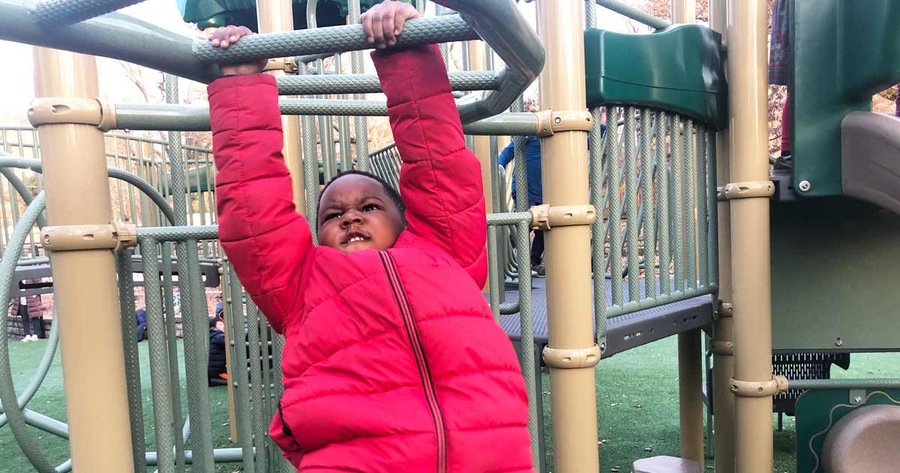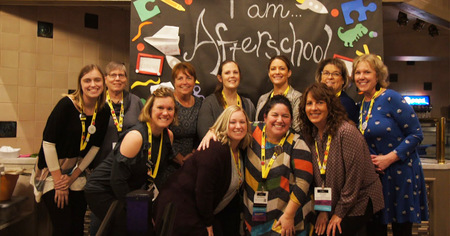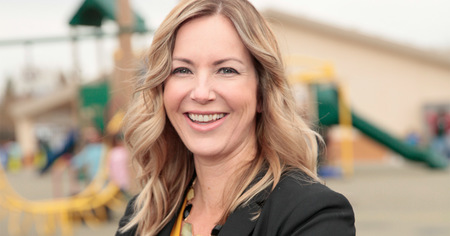In a single day, a child might attend school, go to a before-school or afterschool program, participate in an organized sport or activity, eat dinner, complete homework, make time to socialize, have screen time, and then make it to bed—only to repeat their day over again.
If the majority of this is routine for our youth, when do they get a chance to create, explore, imagine and just simply take a moment for them?
Youth may enjoy all of those scheduled activities and find hobbies and sports they like, but we as educators, parents, coaches, and mentors are letting them down if we're not allowing them to be bored and not challenging them to create their own entertainment.
Let's look at play in nature—specifically with lion cubs. As cubs, lions play fight with their siblings, learning to stalk, bite and pounce. Their goal is not to hurt the other cub but to play, and the skills they learn prepare them to survive as an adult lion. Like the lions, children have the natural instinct to play. When there are no teacher expectations to meet, no coach to give calls, no one to guide the focus, and children have time to play freely, it becomes about the child's connections, thoughts, and choice.
Through play, children can begin to develop real-world skills such as communication, creativity, critical thinking and collaboration. This is not because someone is directing them, but rather because of experimentation and hands-on discovery—and the best part is that it's fun!
As the adult, you become the play facilitator, giving time and space for play opportunities to arise. You can take a step back and just observe the moment or inspire ideas and jump in to become part of the moment, but letting the child take the lead. You teach and help build character and emotional skills, while letting the child learn to apply those skills.
As the facilitator, you must learn to play, so children can also play to learn. When you learn to see play, you will then see all the physical, emotional, and life skills developing as our youth grow and mature.
Beginning May 1, 2019, The Genius of Play will be introducing the “Play All May” celebration. The goal of the celebration is to draw attention to the importance and benefits of play for child development. The Genius of Play will have 31 play inspiration ideas for download and is encouraging everyone to share pictures of their programs at play, using the hashtag #Geniusofplay.
Ready, Set, PLAY!
If you're searching for more information on play, expert articles, activities or resources, be sure to check out The Genius of Play.
Written by Tyler Kearns, a Play Ambassador through the partnership of the National Afterschool Association and The Genius of Play. Tyler is also Program Coordinator for Clayton Kid Zone, a martial arts school owner and instructor, and a parent, where he enjoys putting play theory into practice every day.
Photo courtesy of The Genius of Play.




